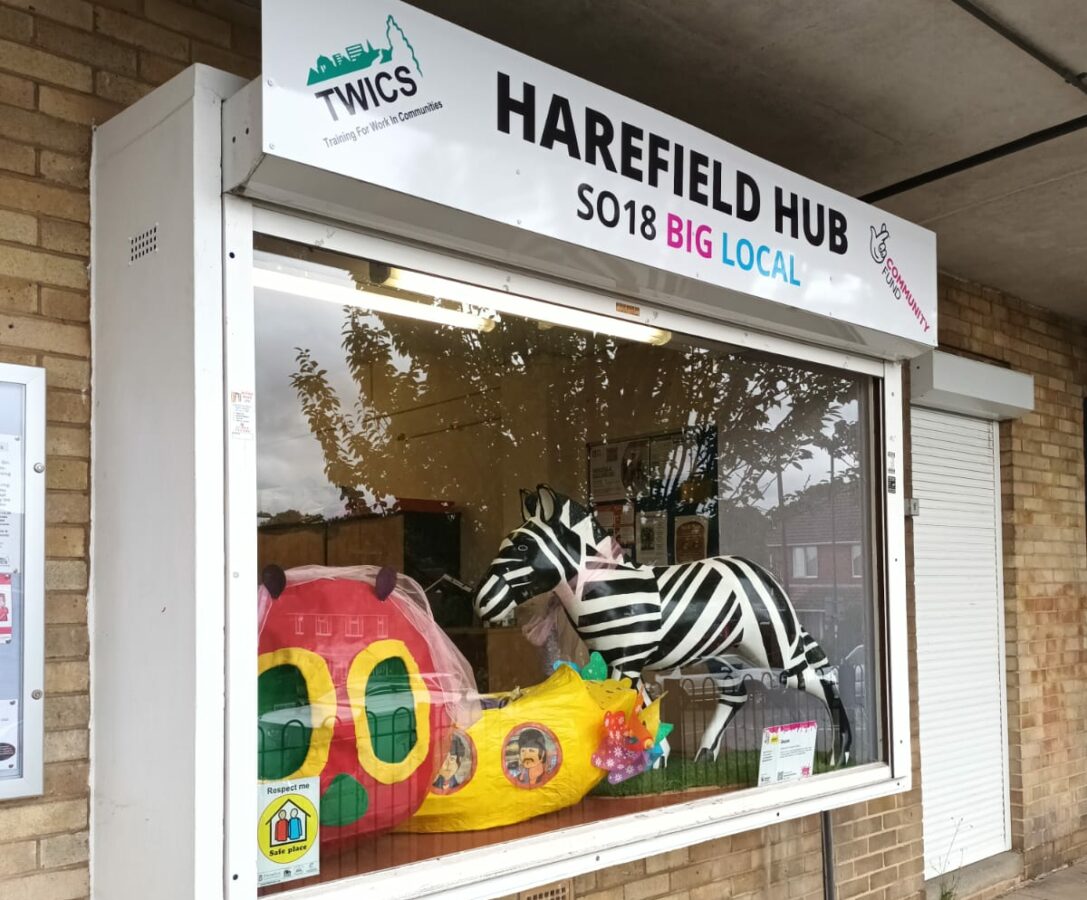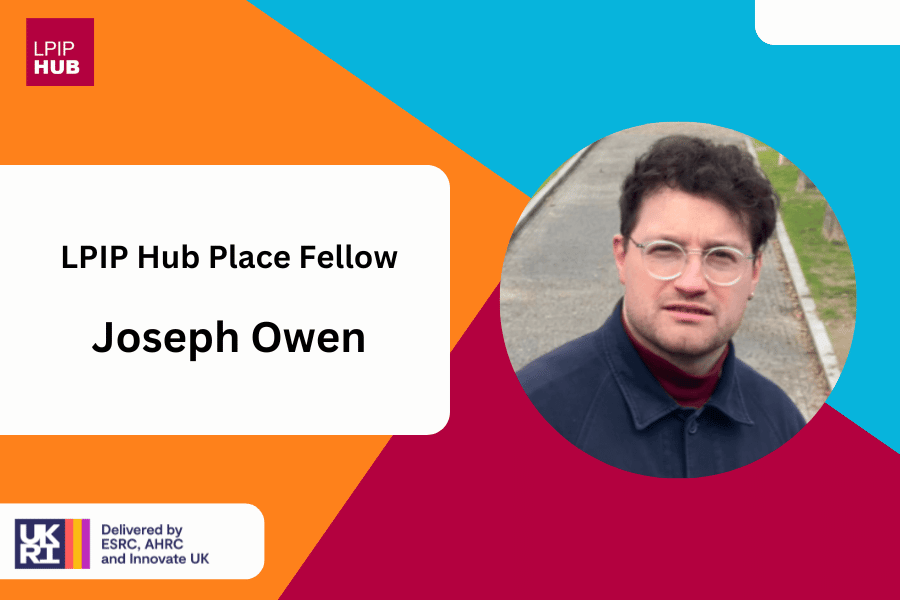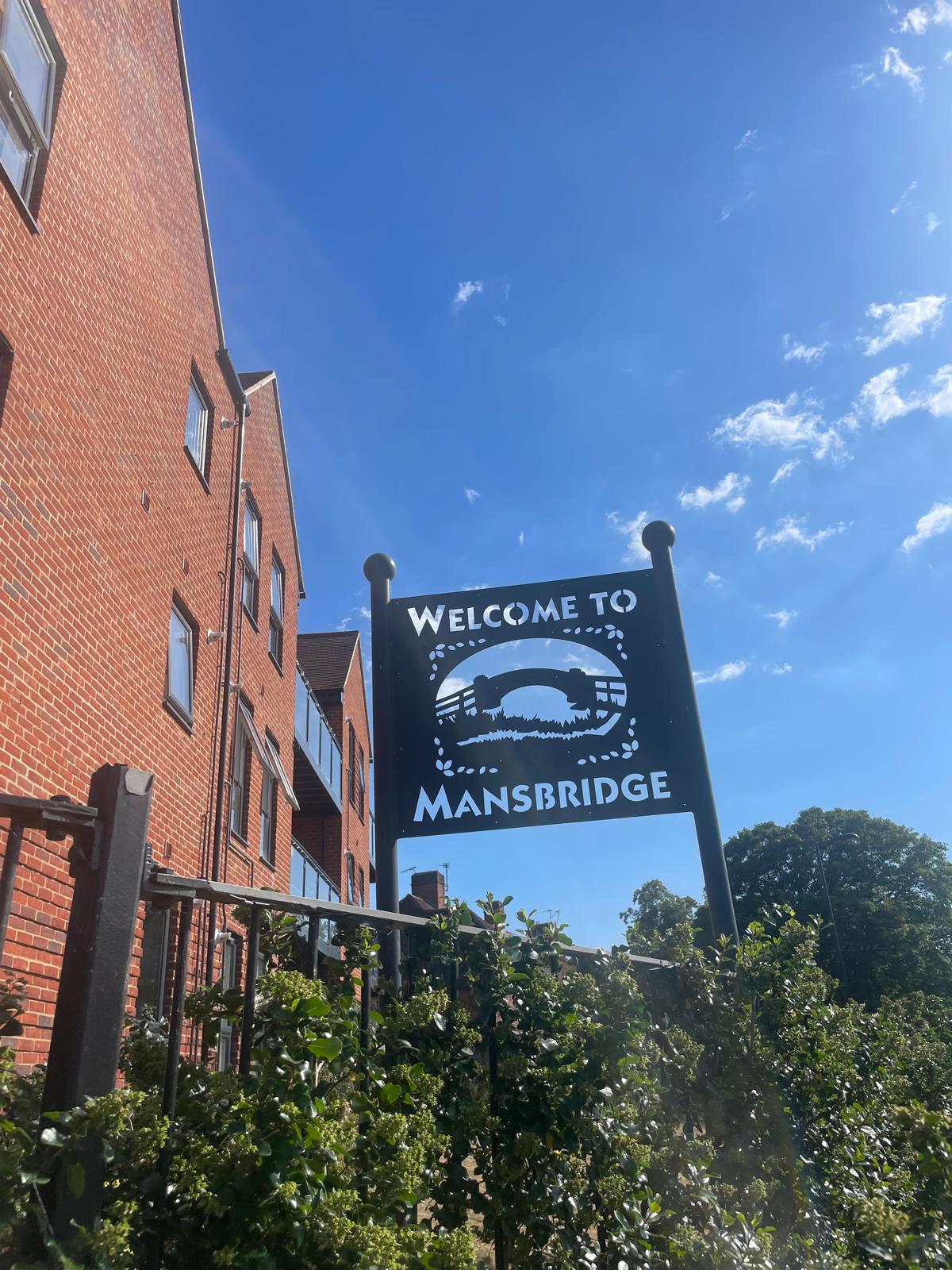Download the full policy brief here.
Current metrics for measuring “pride in place” are underdeveloped, and the language of pride has been used inconsistently across Levelling Up policy materials. This brief uses insights from the Feeling Towns project to make recommendations for Levelling Up stakeholders about the significance of understanding pride in shaping and evaluating policy.
Challenge and context
The Levelling Up agenda has prioritised “pride in place” as an explicit policy outcome. Yet the methods being used to measure pride in place are still in their “infancy” and not fully developed. This paper engages with the UK Government’s need to identify and work with different methods that capture the richness and variety of pride in place.
Beyond econometric approaches
Current measurements of pride in place rely on limited, quantitative assessments of proxies that include housing, crime and wellbeing. While these approaches can identify and give some economic value to sources of pride such as parks, heritage sites and community facilities, they do not capture the deeper, personal and shared feelings that are not so easily seen or quantified. Alternative methods are needed to fully account for pride: to understand its meanings for different communities and its greater potential for policy programming and evaluation.
“We don’t have the language to do a Levelling Up evaluation [because] the Towns Fund metrics don’t match the vision of our plan”.
Pride in place is a complex emotion:
- It works at various interconnecting scales, e.g., national pride, civic pride, and local pride.
- It interacts with other forms of pride, such as pride in one’s job or in one’s group identity.
- It has a fragile temporality: it comes and goes quickly; it can lay dormant for a long time.
- It is the product of many overlapping, complicated relationships and histories.
- It can be felt individually and collectively.
- It has both positive and negative connotations.
Feeling Towns
The Feeling Towns project successfully trialled place-based methods in towns across England, revealing discrepancies between desk- and place-based approaches to understanding pride in place. We suggest that new ways of understanding and accounting for pride in place are possible.
- Where: 7 English neighbourhoods: Harefield (Southampton), Sandown (Isle of Wight) Ledbury, Northgate (Darlington), Southend, Boscombe (Bournemouth), Dorchester
- When: 2021 – 2023
- Project partners: Institute of Historical Research, Historic England, Rural Media, Arts Council England, Creative PEC, Centre for Towns, Southampton City Council, Isle of Wight Council, Herefordshire Council, Darlington Borough Council, Dorchester Town Council
- What: Interviews, focus groups, ethnographic study, creative workshops with > 300 people
- Who: Residents, local authority officers, elected representatives, place professionals
Our Creative Methods Place-Based Think-Kit, co-designed with local stakeholders, enabled:
- Participants to express feelings and ideas that are not easily put into words.
- Researchers to ask deeper questions about participants’ distinctive experiences and account for the fact that every place is different and has different stories.
- Partners to understand how pride influences people’s attachments to the places where they live, work and volunteer.
We developed bespoke ‘Pride and…’ reports for each place, including targeted recommendations for their specific needs, aims and communities. These methods and findings can help Levelling Up policymakers to understand the drivers of pride ‘on the ground’ and to develop more effective policy programmes and evaluation frameworks.
Findings from our places
Residents desire accessible community spaces: they find value and create meaning in the memories associated with community centres, scout huts and parks. Residents want to understand how changes in social infrastructure occur, such as the purchase, sale and demolition of properties.
Local pride is sometimes felt in opposition to other types of pride. In the Harefield ward of Southampton, many residents felt strongly disassociated from the idea of being from “Southampton”. Harefield feels cut off from the city centre due to its physical geography and poor public transport links.
Because key areas in Southampton city centre have “civic” in their titles (e.g. civic centre, civic car park), many Harefield residents have developed negative associations with the word “civic”. For them, there is unlikely to be a “civic pride” as it might be understood by the authors of Levelling Up policy materials.
When exploring the relationship between pride in place and civic engagement in Ledbury, we found that pride was expressed differently for different age groups: young people volunteered to learn skills and receive training relevant to the local job market; older people volunteered to build friendship networks and to contribute to the wider community.
Though there was a shared commitment to the volunteering activity, motivations varied, upsetting the often-assumed relationship between “stayers” and “goers” in an area. Pride in place was not necessarily attached to longevity in an area, but rather to agency: people wanted to be involved in their local area and to participate as a collective.
Recommendations for Levelling Up policymakers
- Develop more flexible processes that allow local authorities to self-define key place-based terms such as “pride in place”.
- Develop training in place-based methods with local government officers and stakeholders. This programme should include place-leadership skills and strategies for identifying future place leaders.
- Develop open and accessible qualitative reporting for local authority data observatories to articulate the many complexities of pride.
- Support innovative research partnerships to develop effective representations of felt responses to place. Such work should consider negative feelings, conflicting notions of “community”, and multiple versions of pride.
What Next?
- Our outputs include a short animated video which foregrounds the social setting of our research and what it might mean to measure pride in the context of people’s daily lives.
- An academic article is under peer-review, and a co-edited, international collection of essays on pride, place and policy is being developed.
- A follow-on project, Neighbouring Data, is co-producing principles and models for local authorities who are seeking to use and share qualitative evidence.
- Future research collaborations will develop a “Towns Network” focusing on place, identity, culture and wellbeing.
—
Authors: Prof. Nicky Marsh, University of Southampton (nm8@Soton.ac.uk); Dr. Michael Howcroft, University of Glasgow (Michael.Howcroft@Glasgow.ac.uk); Dr. Joseph Owen, University of Southampton (J.G.Owen@Soton.ac.uk).
We look forward to hearing from you to discuss any aspect of this brief.
Funding: AHRC: AH/V005804/1: Towns and the Cultural Economies of Recovery: A new multidisciplinary mapping; AHRC: AH/W008696/: Feeling Towns: The role of place and identity in governance and local policy
Suggested citation: Howcroft, Marsh, Owen (2024), ‘Pride in place’ beyond the metrics: Insights from the Feeling Towns Project, AHRC Place Programme Policy Brief, Glasgow: University of Glasgow, https://doi.org/10.36399/gla.pubs.321921
Thank you to all our participants who shared their experiences, feelings and hopes for the future. Thank you to Will May and Catherine Clarke, Co-Investigators on Towns and the Cultural Economies of Recovery.
This work is licensed under CC BY 4.0. To view a copy of this license, visit http://creativecommons.org/licenses/by/4.0/
Place is a strategic priority for UKRI and Feeling Towns is part of the Arts and Humanities Research Council’s Place-Based Research Programme based at the University of Glasgow.
The Policy Brief Series General Editors are: Place Programme Director, Prof. Rebecca Madgin (Rebecca.Madgin@glasgow.ac.uk), Dr. Michael Howcroft, Ieuan Rees.



